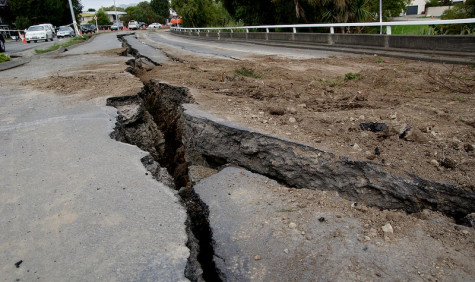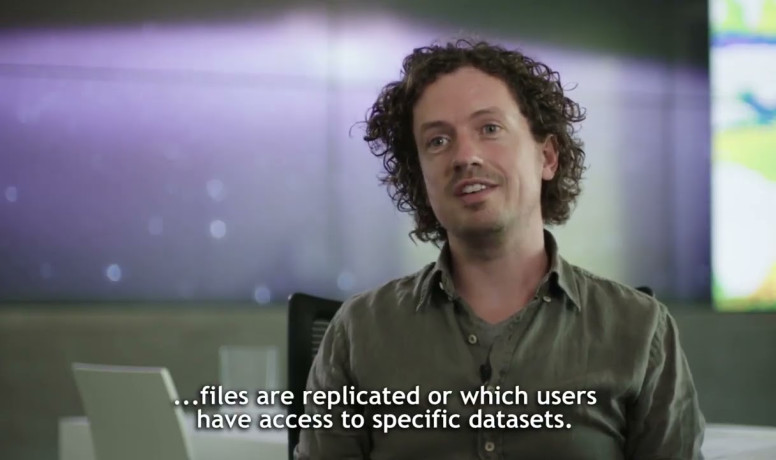"We replicated the entire ORFEUS archive (about 30TB) to SURF's database. The dataset was provided with Persistent Identifiers at the same time. This will improve the long-term availability of data."
Greater insight into earthquakes using seismic data
KNMI hosts the ORFEUS European data centre, Observatories and Research Facilities for European Seismology. KNMI/ORFEUS collaborated with SURF on data replication using the B2SAFE service. This makes research data easier to manage and accessible within European, multidisciplinary research infrastructures.
European organisation
We associate earthquakes in the Netherlands mainly with gas extraction in Groningen, where an extensive network of instruments continuously measures ground motion. Data from this network is continuously collected and analysed by KNMI and stored in the ORFEUS data centre. Dr Reinoud Sleeman, seismologist, heads the ORFEUS data centre: "ORFEUS is a European organisation that has been in existence for over 25 years. Its purpose is to coordinate and organise seismology within Europe and bring together both data and services for the common user group. One of its most important components is the ORFEUS data centre, which we house at KNMI."
Interconnected data archives
Collecting, making accessible and managing seismic data is a spearhead within the European Union. The European Horizon 2020 grant programme therefore includes a specific programme for this: the European Plate Observing System (EPOS). Data storage and processing is a crucial part of this system, says Sleeman: "ORFEUS started as a centralised data archive. But due to the strong growth in diversity and volume of data and from long-term management aspects, a system of interconnected data archives within Europe was recently chosen. We call that linked system EIDA: the European Integrated Data Archive."
Safe data replication with B2SAFE
In 2014, KNMI/ORFEUS, together with SURF within the European project EUDAT, implemented a new service to securely replicate data: B2SAFE. Luca Trani, a researcher at KNMI/ORFEUS, explains: "We wanted this operation to see what it could mean for our research community. To this end, we replicated the entire ORFEUS archive (about 30 terabytes) to SURF's database. But that replication involves more than a copy: the dataset is simultaneously provided with Persistent Identifiers (PIDs). Among other things, the use of PIDs will improve the long-term availability of data."
"We are particularly interested in services to further unlock the data. But we are also looking at the possibility of using the computing facilities at SURF."
Unlocking data further
Both Sleeman and Trani are positive about the collaboration: "Everything went smoothly. We are now part of the user project around B2SAFE. We want to continue working on this basis and see if we can add new services. In particular, we are interested in services to further unlock data. But we are also looking at the possibility of using the computing facilities at SURF. The fact that the replicated dataset is very close to those facilities is a big advantage for our user community."


